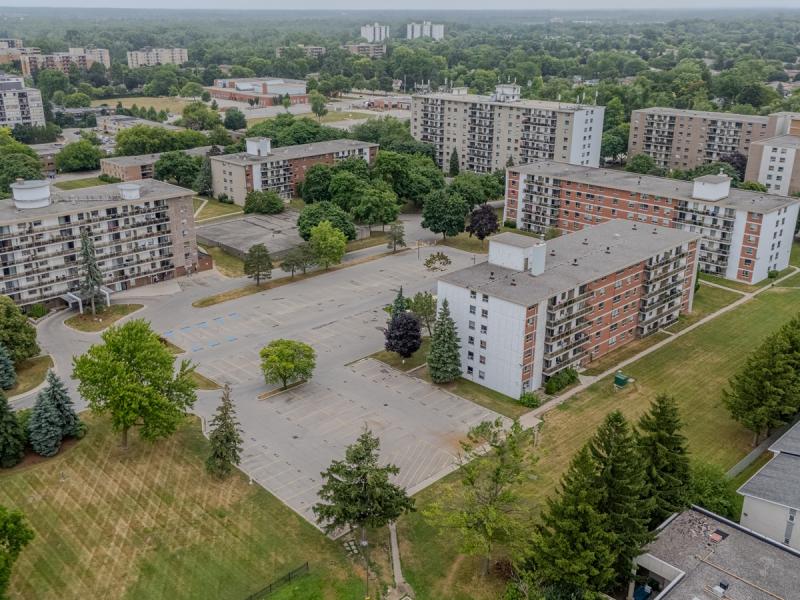 Many commercial real estate leases will include an option to renew clause. Like all clauses in a lease, this one is bound by some pretty specific rules that have important consequences for both the landlord and tenant.
Many commercial real estate leases will include an option to renew clause. Like all clauses in a lease, this one is bound by some pretty specific rules that have important consequences for both the landlord and tenant.
Identifying terms
The option to renew will typically spell out the protocol for a tenant to secure a renewal on their space. The option primarily exists for their benefit so the landlord’s lease will be very direct in the steps a tenant needs to take to trigger the option.
An option to renew states the clause can only be invoked if a tenant is not in default. If there is any current rental arrears, for example, a landlord can deny the tenant a right to renew.
There will be a timeframe or notice date as to when the landlord must be notified of the tenant’s intent to renew. This can be one of the most vital parts of the clause for either party.
If the option reads that the tenant must notify the landlord in writing it is not acceptable just to exchange phone calls. We have seen this become a bone of contention down the road.
Triggering the option
An option to renew clause will identify the number of periods the tenant has the right to renew for and for how long of a term. In some cases, the rental rate for renewal may already be predetermined but most of the time the clause states a market rent is to be negotiated.
A good option to renew clause will state if market rent can’t be agreed upon, be it through comps or current listings, both parties must enter into an arbitration process. The clause will set the timeline for when this needs to occur.
Let’s put it on paper
Paperwork for a renewal is short and sweet. It should reference the head lease as well as any additional amendments or previous renewals.
If there is a second option to renew that may apply later on, this is a good place to state that. Landlords may agree to add another option to renew even when they don’t exist as an inducement.
Why can’t I renew?
Tenants should realize triggering their option places an obligation on them to negotiate terms with their landlord. If they want to stay, they need to be upfront and notify accordingly.
However, we often get tenants who know their option notice period is coming up and they half-heartedly identify a desire to stay. If they find something better, they will state they hadn’t really triggered the option so they aren’t bound to it and can move on.
Unfortunately, a wishy-washy notification can also come back to bite tenants. If the tenant doesn’t notify correctly but then decides they do want to stay after their notice date has expired, their landlord may have already found another more desirous tenant.
There can be a bitter battle if the tenant truly wants to remain but hasn’t properly set forward their intentions.
In a recent example, a tenant expressed a desire to renew only to change their mind a few months later. Negotiation on rate, term and paperwork were well underway.
Much like the landlord, the tenant is bound by the clause in that by formally triggering their option in writing, they are obligated to proceed. The rules apply to both sides.
As a tenant or a landlord you need to ensure all the proper communication has been exchanged and acknowledged. Don’t leave it up to a loose interpretation or you could be facing a problem before you’re done.







